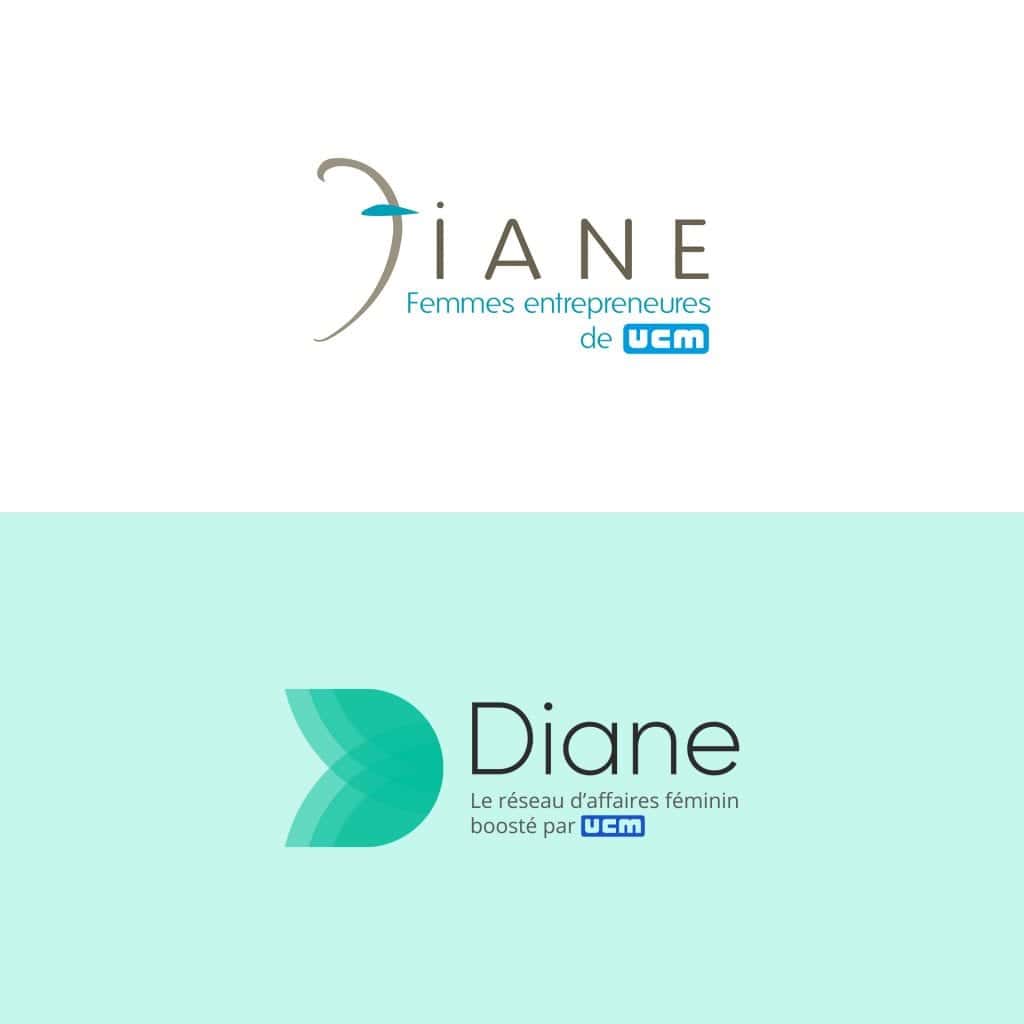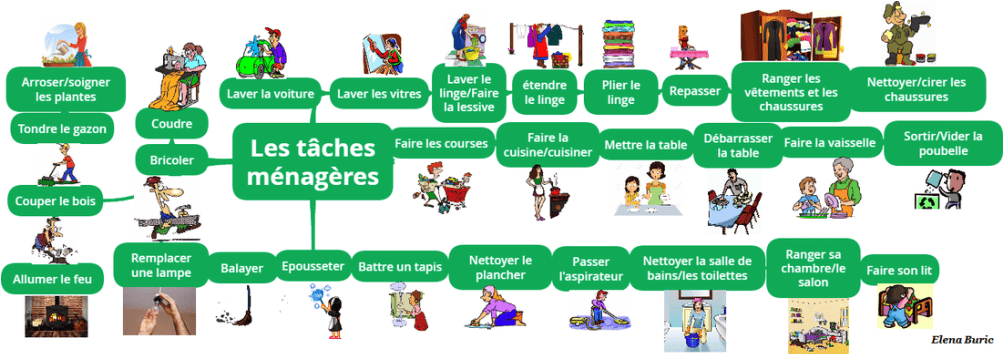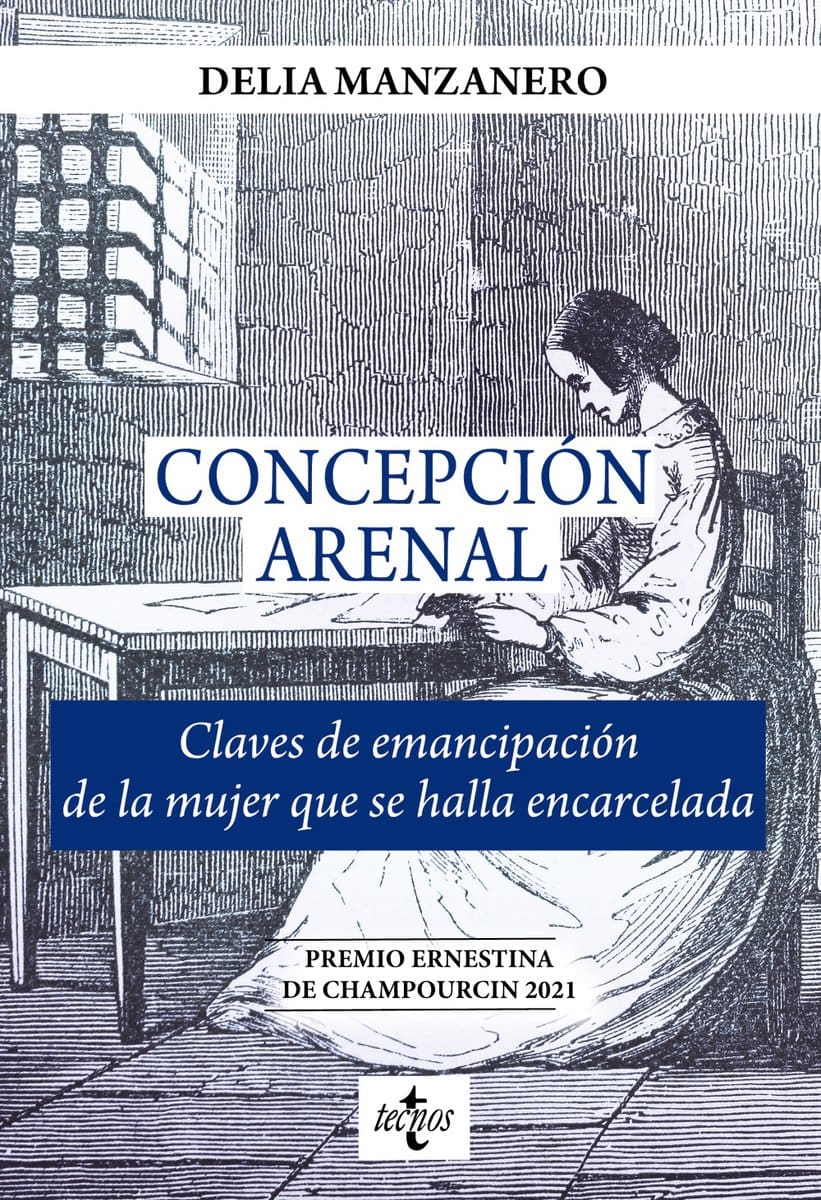“Know thyself”: How can the teachings of Socrates boost your personal development?
Blog Réseau Diane ( UCM-union des classes moyennes belges)-29 June 2023-
The quest for self-knowledge and understanding has been a central theme in many philosophical traditions over the centuries. Of particular interest are the teachings of Socrates, a Greek philosopher of the 5th century B.C. The Socratic maxim “Know thyself” remains, even today, a powerful tool for personal development. Let’s take a look at how it can help you to understand and develop yourself, both personally and professionally.
The origins of “Know thyself”
The adage “Know thyself” is rooted in the history of Western philosophy and has its roots in Greek antiquity. It is often attributed to Socrates, but in fact the maxim was inscribed on the pediment of the temple of Apollo at Delphi, a place of pilgrimage and divination, long before Socrates’ time.
Nevertheless, Socrates, more than anyone else, adopted this phrase as one of the main pillars of his philosophy and his life. He saw it as a constant invitation to rigorous introspection, to unearth unconscious prejudices, illusions and false beliefs about ourselves.
For Socrates, ‘Know thyself’ was not an end in itself, but the starting point for universal knowledge.
It was an exhortation to understand not only our capabilities and limitations, but also our values, our desires, and our place in the world. It was a rallying cry for a life of introspection and self-examination, where every action, every decision, every thought should be subjected to the rigorous analysis of reason and truth.
In essence, Socrates saw self-knowledge as the foundation of all wisdom, the first step towards virtue, and the key to a fulfilling life. This fundamental principle of Socratic philosophy has survived the ages, and today has become a powerful tool for personal development.
Self-knowledge and personal development
Self-knowledge, as Socrates taught, is a never-ending quest, because we are constantly evolving beings. Yet it is an essential quest if we are to develop and improve our lives. And why is that?
Firstly, because self-knowledge gives us a solid basis for making informed decisions. Socrates stressed the importance of acknowledging our ignorance – of understanding that we don’t know everything. “I know that I know nothing”, he said. This intellectual humility opens the door to learning and growth, enabling better decision-making based on curiosity and reflection.
In addition, an in-depth understanding of our strengths and weaknesses can help us to optimise our talents and mitigate our shortcomings. By recognising our strengths, we can look for opportunities to make the most of them. By recognising our weaknesses, we can work to improve them or compensate for them with other qualities.
Introspection according to Socrates
The Socratic approach to self-knowledge is based on constant introspection and questioning of our beliefs and behaviour. This is done through maieutics, a method that Socrates used to help people reach the truth through their own reflection.
Applying maieutics to our own lives involves asking ourselves some profound questions:
Why do I think what I think?
Why do I act as I do?
What are my fundamental values?
By seeking to answer these questions, we engage in a process of self-reflection that can shed light on our motivations and character, helping us to understand who we really are.
What are your values?
The importance of self-knowledge is not limited to reflection; it must also be reflected in our actions.
For Socrates, self-knowledge was inseparable from the virtuous life; knowing who we are helps us to act ethically and authentically. When we act in harmony with our true selves, we can live a more fulfilling and meaningful life.
For example, if we discover through introspection that we deeply value justice, this can guide us in our actions and decisions – perhaps inspiring us to fight injustice in our work or voluntary activities.
By aligning our actions with our deepest values, we gain in integrity and authenticity.
No more prejudice!
The quest for self-knowledge is not without its difficulties. We tend to have preconceived ideas about ourselves and resist the idea that we might be different from what we imagine. We can also be afraid of what we might discover, especially if it goes against our current beliefs.
However, Socrates encourages us to face up to these fears and prejudices, to embrace the unknown in our own minds.
The views expressed by the authors of videos, academic or non-academic articles, blogs, academic books or essays (“the Material”) are those of the author(s) and do not necessarily reflect the views of the members of the Global Wo.Men Hub. In sponsoring the publication of this material, Global Wo.Men Hub considers that it contributes to useful debates in society. The material could therefore be published in response to others.







Commentaires récents